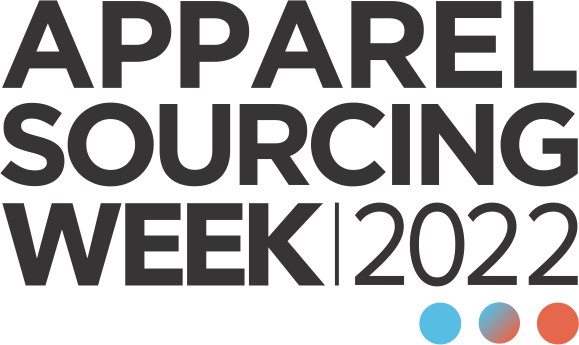News and Features
Mumbai Retailers (2/2): Fashion and inspiration hit the busiest metropolitan in India
11 January 2019
Apparel Resources
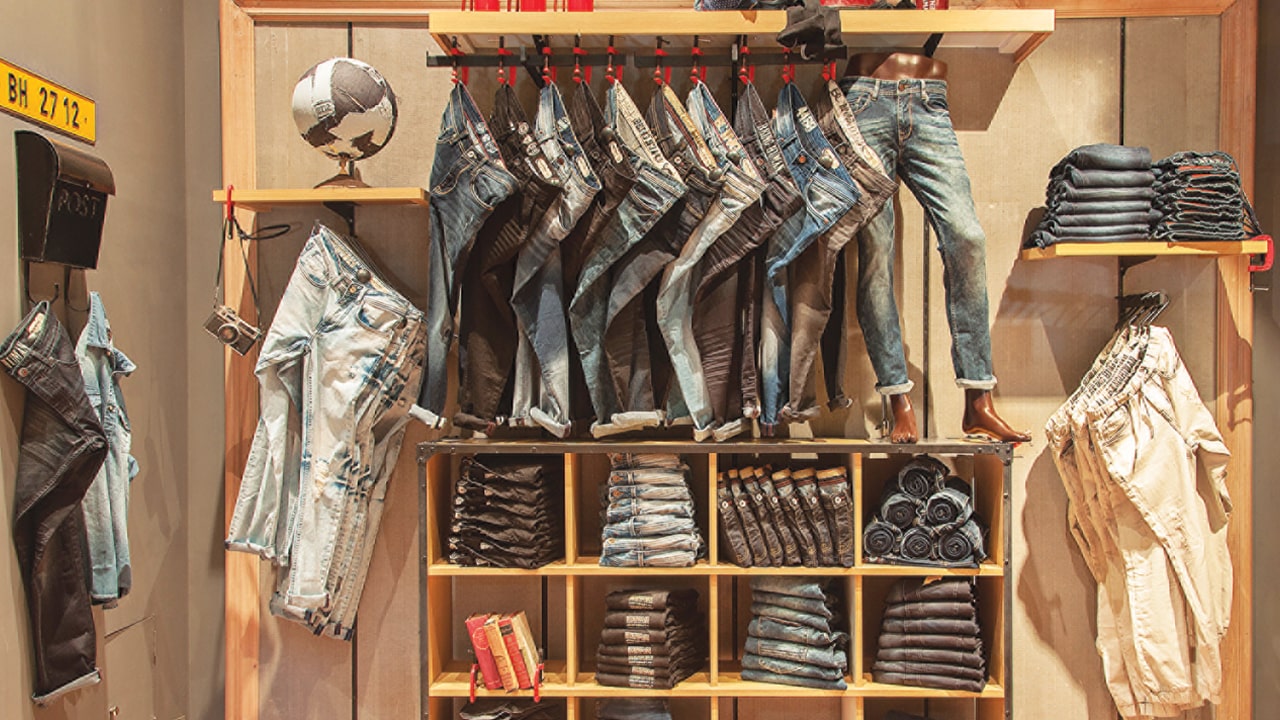
A veritable maze of neighbourhoods, Mumbai is the metro city that holds more diversity with respect to people and businesses than probably the rest of India, thus justifying the title of being the Commercial Capital of India. Its commercial evolution began in the Ballard Estate where business prospered as far back as the 18th century. Traditionally it has been the seat of Indian Cinema and the flagbearer of fashion. No wonder this vibrant city is also home to many brands, originated and initiated by both companies and celebrities. The fashion and retail industry in the city today thrives on this hub of economic activities and without any doubt, it served as the breaking ground for the retail wave to consolidate its reach in India in the late ’90s.
Apparel Resources visited this leading brand hub of India and interacted with the top management of major domestic and international brands based in the city. These brands tap on the aspiration of the dense Mumbai population to kick-start their operations throughout the country. Emblematic of this is the brand culture that drove the market from unorganised to organised retail, a trend that was first observed in Mumbai. Brands are very particular about their design signature and that is what sets them apart from the retailers when it comes to sourcing.
Incidentally, Mumbai also houses big international brands, that are now assuming an identity exclusive to India. Amongst these is FILA India, the international activewear stalwart that does all its processes from design and product development to sourcing and distribution within India, for the merchandise retailed locally. Products are designed locally at a Mumbai design studio and the sourcing and distribution process spans across major South Asian countries. Rakesh Kathayat, COO, FILA India, told AR,
We source from India, China and Bangladesh among other countries - these three are observing the major chunk of our operations. We tie up with the Indian factory owners in collaboration with FILA US, whose design centre is in China. From Bangladesh, we source apparels. And for knits, we have our own factory. In fact, if there is a specific requirement for collections in the Indian market, we try to do it locally.
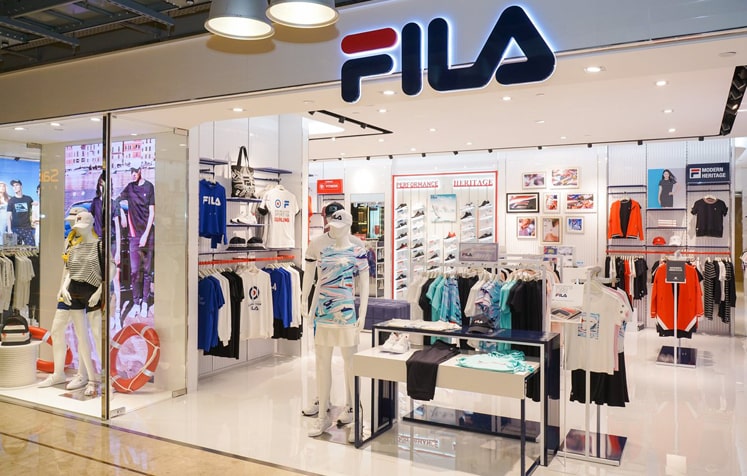
Kathayat spoke at great length about the brand’s extensive expansion plans in the south-east Asian region in particular, and also how South Asian countries are competing with international manufacturing hubs. They are actively expanding in Bangladesh, (license for SAARC countries), and have partners in Sri Lanka and Nepal. He added,
We feel that India as a hub is exceptionally good for knits as compared to other manufacturing countries.
One of the oldest domestic brands in the expansive kidswear market, RUFF KIDS also believes in the diversity of product assortment as well as in the quality that the manufacturers of South Asian countries provide. Sohail Patca, Director at RUFF KIDS, informed,
Currently, production is done entirely in-house. We have factories that are completely working for us though we don't own the factory or the people. For jackets and a few of the sweater styles, we outsource the source activity from Ludhiana, but we are looking for manufacturing allegiances with other countries.
The brand however depends heavily on China, besides India for high quality fabric sourcing via agents. Patca is currently looking to collaborate with the expertise of other south-east Asian countries to meet the company’s manufacturing requirements.
Seeing the large order quantities, we have to cater to in varying styles, we want to import from South Asian countries in order to enjoy timely shipments and high-quality maintenance. Our denim collection is very unique and we need such manufacturers to keep up with our demands.
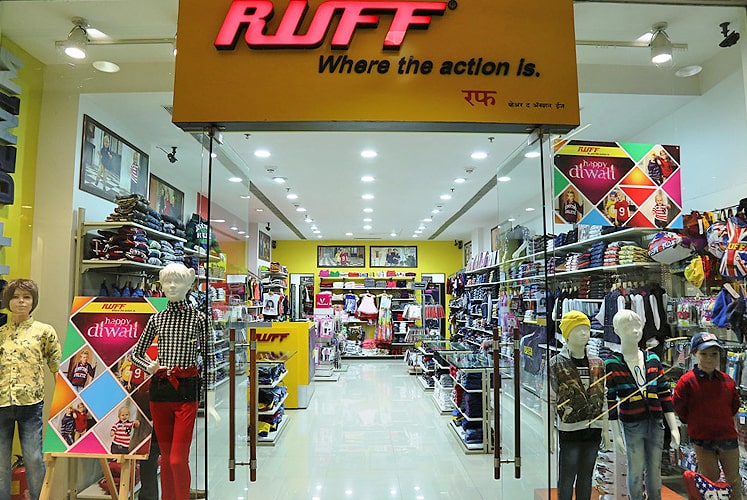
Another format that has come to the fore from this city, is an influx of celebrity-led brands that tap on consumer sentiments by proving trust with aspiration. AR met with two such trailblazers, each a stalwart in its own regard, namely, Salman Khan’s Being Human and Hrithik Roshan’s HRX. The two brands have observed immense success in their respective fields of casual menswear and activewear for all, respectively within a small time span since their inception.
Being Human works for achieving the highest quality, efficient pricing and best delivery times to keep up the brand identity associated with a celebrity. Purvi Joshi, VP for International Business and Sourcing at Being Human, told AR,
About 85 per cent of the products are manufactured in India, especially in Bangalore and Tirupur, while 15 per cent are done from China and Bangladesh.
Keeping quality at the apex, she also observed Bangladesh as a strong sourcing hub. To put it in her own words,
Bangladesh is known for quality, it has been our prime vendor for good denims. We are also importing jackets and winterwear from China. Besides, 40 per cent of our turnover come from t-shirts – they are all outsourced and are one of our fastest sellers.

Being the solo Indian celebrity retailer in activewear, HRX works towards manufacturing the best assortment to compete with international players like Adidas, Reebok, Puma and Nike. Afsar Zaidi, CEO & Co-founder of HRX shared,
HRX is owned by Hrithik Roshan and our expertise is in getting the right structure, marketing intelligence, creative ideas to ensure brand relevance. The manufacturing, distribution and logistics are Myntra’s responsibility. We haven't faced any quality issue in a long time and Myntra takes care of it. When you grow as a business, the MOQs get bigger too, and now we have the potential to tap vendors globally. Thus, by the virtue of bigger MOQs and efficient inventory management, we are now working with the best factories that are catering to big international sportswear retailers such as Adidas, Nike, Reebok and Puma. We don’t want to compromise on the quality of fabrics or products we offer and now, China is a strong hub and so is Sri Lanka.
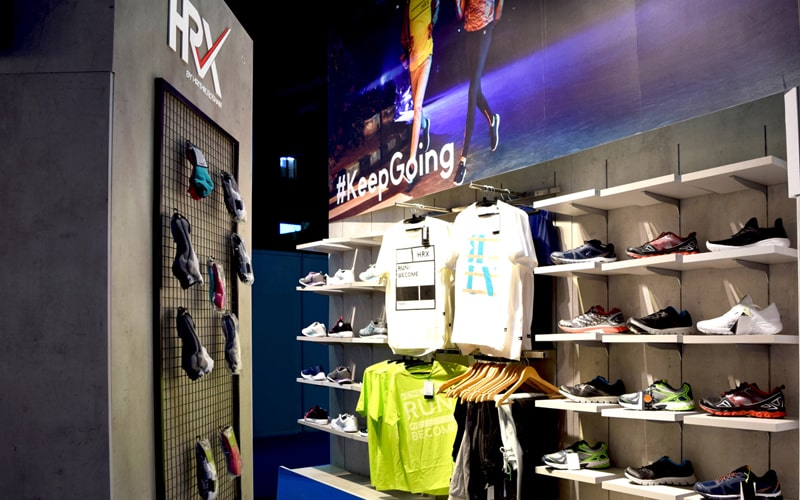
With a diverse product assortment that boasts of about 1,200 categories, PrettySecrets is the Indian brand that started off as a sleepwear brand but further expanded into lingerie, swimwear and activewear to suit the changing consumer demands. What makes it stand out is the efficient manufacturing network that it employs to suit this complex product mix. Karan Behal, Founder & CEO, PrettySecrets, averred,
We don’t have any manufacturing units. We contract manufacturers. All the prints, designs, patterns, styling, everything is finalised by our design team; however, manufacturing is done by third party manufacturers based in India and internationally. Right now, we are outsourcing 50 per cent of our products from China while the other 50 per cent comes from India. For our products, especially bras and shapewear, India lacks the manufacturing infrastructure to be able to manufacture high quality products and that’s why we source from China and are open to source from other neighbouring countries with expertise in our kind of products.
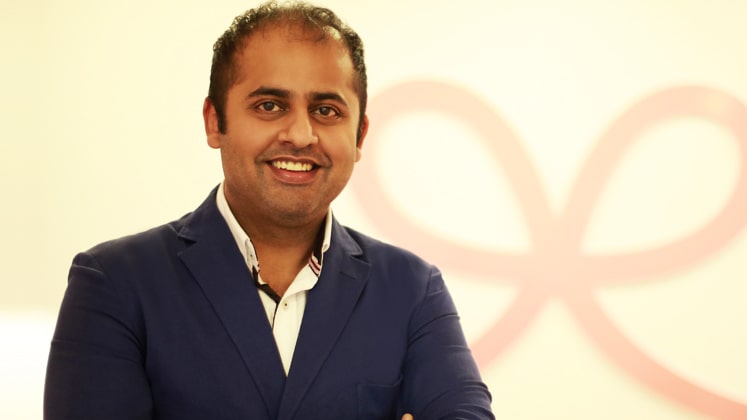
This aspirational value that reflects the spirit of Mumbai is what the Mumbai brands are tapping and balancing them with the correct product mix, sourced from the correct medium and correct delivery times is the key to flourish in the dynamic Indian retail market.
Comments

